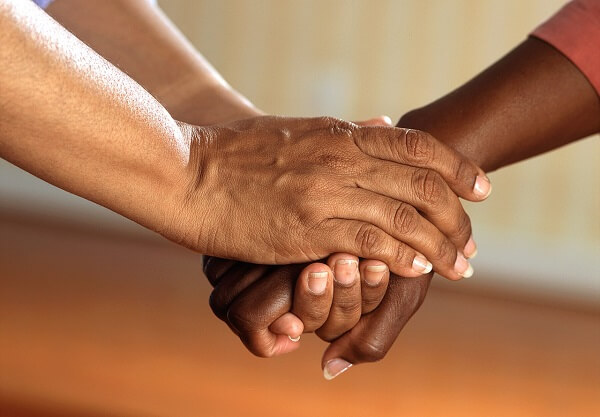 A long hospital stay has come to an end and your loved one is finally being released to go back home. While this should feel like a joyous occasion, for many seniors and their caregivers, a hospital discharge can actually feel chaotic, confusing, and scary.
A long hospital stay has come to an end and your loved one is finally being released to go back home. While this should feel like a joyous occasion, for many seniors and their caregivers, a hospital discharge can actually feel chaotic, confusing, and scary.
After major incidents like a fall, stroke, or infection, going back home requires a lot of work, especially if you want to avoid rehospitalization. Protect your loved one’s physical health and wellbeing with these smart hospital discharge safety tips:
Make Home Modifications
Has your spouse or aging parent undergone a major surgery? Has their mobility become limited since their hospital stay? Depending on the state of their health and their ability to get around, their home may need some major upgrades to accommodate their needs and keep them safe.
For example, a senior who is recovering from a fall may not be able to access their second-floor bedroom for a while and will need to have a space on a ground floor made up for their extended stay. Others who require extra assistance may be aided by new grab bars, bed rails, toilet seat risers, bedside commodes, shower chairs, and similar adaptive equipment that will have to be purchased and possibly installed as soon as possible after discharge.
Guard Against Falls
Some studies have shown that upwards of 40 percent of older adults who are hospitalized will start to experience functional decline in the months following their discharge. Amidst this decline is an increased tendency to experience a fall and as you are likely aware, falls can quickly land an older adult back in the hospital with fractures, head trauma, or worse.
It is critically important to guard against falls when your loved one is discharged from the hospital. This means clearing clutter and trip hazards away in the home (like area rugs), making sure lighting is consistent from room to room, and installing helpful railings and grab bars.
Prioritize Mobility Support
If your loved one requires extra support to stand up, sit down, and walk upon leaving the hospital, both they and you will be in need of mobility and transfer assistance. Make sure that discharge documentation from the hospital includes clear instructions for acquiring any mobility aids the doctor prescribed. You may need to go through a durable medical equipment company to fulfill an order for a cane, walker, or wheelchair, or you may find it faster to simply buy it online or in a store yourself.
To reduce your own risk of injuring yourself when caring for your loved one after they leave the hospital, ask the discharge nurse or other hospital staff to train you in how to safely lift or transfer them. You may be providing physical support to help your loved one into a chair, into the bath, or into bed and knowing proper lifting techniques can help keep you both safe and injury-free.
Prevent Medicine Mix-Ups
When it comes to rehospitalization, much of the time, medicine mix-ups are to blame. An increase in medications, an alteration in medicine schedules, and new, confusing drug names and doses can all contribute to an older adult taking too much or too little of their medicine or simply not taking it the right way (i.e. with food) or at the right time.
One of a family caregiver’s top priorities should be to both triple check the new medicine schedule with discharge staff as well as confirm how, when, and where any new prescriptions will be filled. Remember, coordinating medications may require pillboxes, smartphone reminders, and potentially even equipment and extra training, i.e. for oxygen, nebulizers, transdermal patches, etc.
Get Help
Finding safe support for your loved one may come in the form of coordinating friends and family to pitch in, hiring a privately paid caregiver, or scheduling visits from home health professionals that were prescribed by the hospital physician. Whatever it is that you do, recruiting help is a must following your loved one’s hospital stay. Not only will you be needed to handle post-discharge duties like filling prescriptions, scheduling follow-up appointments, and making modifications to the home, but you may also need to assist your loved one with bathing, chores, and more.
If you yourself have caregiving limitations because of your own health, location, employment, or child care needs, make sure that you discuss this with the hospital staff at discharge. They will need to ensure the safety of their patient prior to letting them leave and can connect you with resources that may help both you and your loved one.


Comments